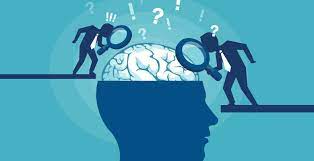Activating Prior Knowledge

Prior knowledge needed for studying Discrete Probability Theory includes:
1. Basic Mathematics: A good understanding of elementary mathematics is essential. This includes knowledge of arithmetic, algebra, geometry, and basic concepts of calculus.
2. Set Theory: Familiarity with set theory is important as probability theory deals with events defined as sets. Understanding concepts like union, intersection, complement, and set operations is necessary.
3. Counting Principles: Knowledge of counting principles, including permutations and combinations, is crucial. Combinatorial analysis plays a significant role in calculating probabilities in discrete settings.
4. Logic and Reasoning: Strong logical and reasoning skills are helpful for understanding and applying probability theory concepts. This includes understanding logical operators (AND, OR, NOT) and truth tables.
5. Algebraic Manipulation: Proficiency in algebraic manipulation is necessary for simplifying expressions, solving equations, and manipulating probabilities and random variables algebraically.
6. Basic Statistics: Basic knowledge of statistics, including concepts like mean, variance, and standard deviation, is beneficial. Understanding the concepts of probability distributions and probability mass/density functions is also important.
7. Mathematical Proof Techniques: Familiarity with basic proof techniques, such as direct proofs, proof by contradiction, and proof by induction, is useful for understanding and proving results in probability theory.
8. Calculus (Optional): While not strictly necessary, a basic understanding of calculus can be beneficial for certain advanced topics in probability theory, such as continuous probability distributions and differential calculus-based techniques.
It's important to note that these are general prerequisites, and the specific requirements may vary depending on the level and depth of the Discrete Probability Theory course or material being studied.